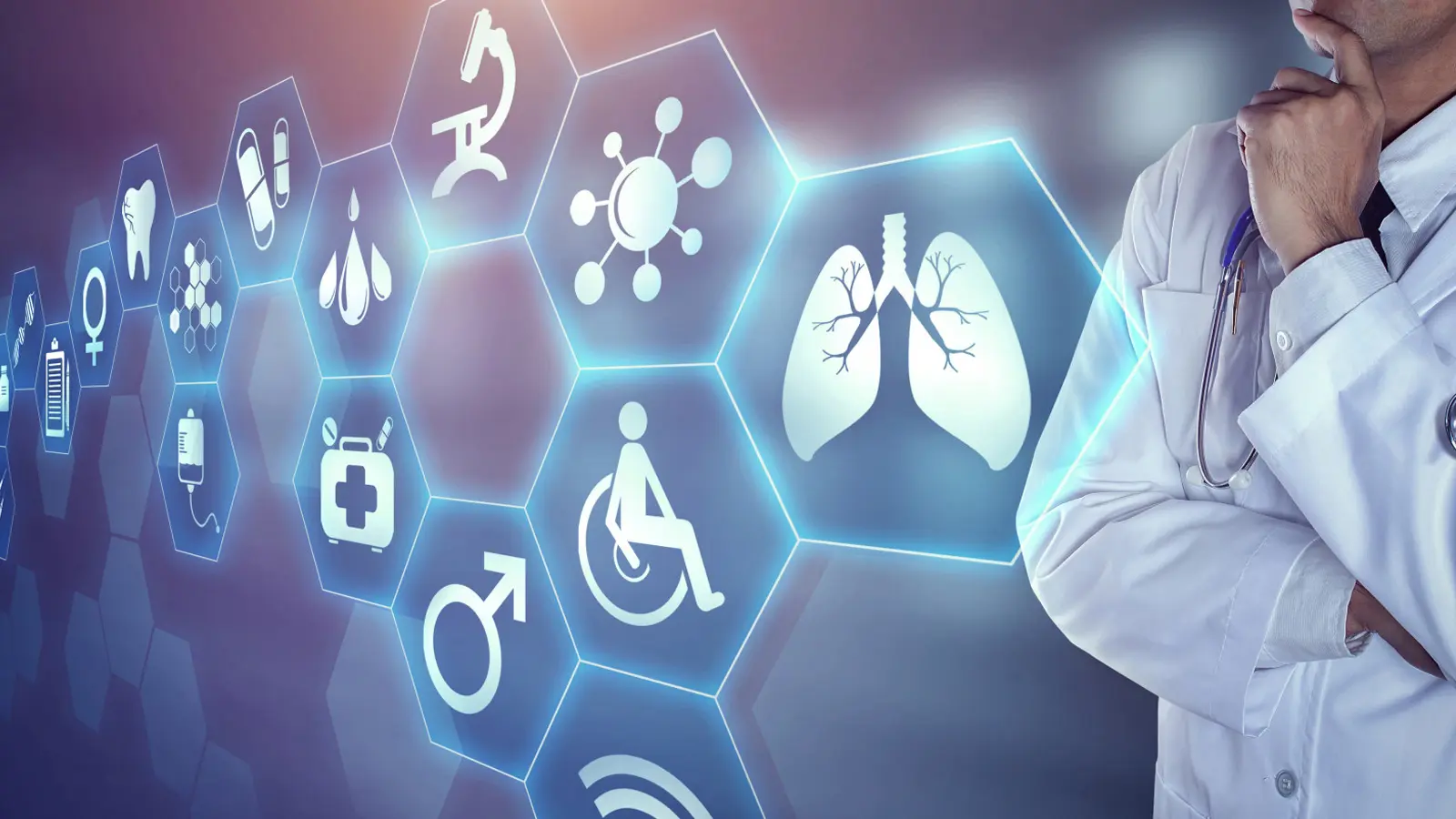Artificial Intelligence (AI) is transforming the field of healthcare by enabling early detection of diseases. AI-powered systems can analyze vast amounts of data, identify patterns, and make predictions that can help diagnose diseases at an early stage. Early detection of diseases can significantly improve patient outcomes, reduce healthcare costs, and save lives.
One of the most promising applications of AI in healthcare is the early detection of cancer. Cancer is one of the leading causes of death worldwide, and early detection is critical for successful treatment. AI-powered systems can analyze medical images, such as X-rays and CT scans, and identify early signs of cancer that may not be visible to the human eye. This can help diagnose cancer at an early stage, when it is more treatable and has a higher chance of being cured.
AI can also be used to analyze genetic data to identify individuals who are at high risk of developing certain types of cancer. For example, a study by researchers at the University of Cambridge used AI to analyze genetic data from over 85,000 women to identify those at high risk of developing breast cancer. This enabled doctors to provide these women with more targeted screening and prevention measures, reducing the risk of developing breast cancer.
Another area where AI is being used for early disease detection is in the field of cardiology. Heart disease is the leading cause of death worldwide, and early detection is critical for successful treatment. AI-powered systems can analyze electrocardiogram (ECG) data to identify early signs of heart disease that may not be visible to the human eye. This can help diagnose heart disease at an early stage, when it is more treatable and has a higher chance of being cured.
AI can also be used to analyze data from wearable devices, such as smartwatches, to identify early signs of heart disease. For example, a study by researchers at Stanford University used AI to analyze data from over 30,000 individuals wearing smartwatches. The AI system was able to detect early signs of heart disease, such as irregular heartbeats, with a high degree of accuracy. This enabled doctors to provide early intervention to prevent the development of heart disease.
AI is also being used for early detection of neurological disorders, such as Alzheimer’s disease. Alzheimer’s disease is a progressive neurological disorder that affects millions of people worldwide. Early detection is critical for successful treatment, as there is currently no cure for the disease. AI-powered systems can analyze brain scans and other medical images to identify early signs of Alzheimer’s disease that may not be visible to the human eye. This can help diagnose Alzheimer’s disease at an early stage, when it is more treatable and has a higher chance of being managed.
AI can also be used to analyze data from wearable devices, such as smartwatches, to identify early signs of Alzheimer’s disease. For example, a study by researchers at the University of California, San Francisco used AI to analyze data from over 5,000 individuals wearing smartwatches. The AI system was able to detect early signs of cognitive decline, which is a precursor to Alzheimer’s disease, with a high degree of accuracy. This enabled doctors to provide early intervention to prevent the development of Alzheimer’s disease.
AI is also being used for early detection of infectious diseases, such as COVID-19. The COVID-19 pandemic has highlighted the need for early detection of infectious diseases to prevent the spread of the disease. AI-powered systems can analyze medical images, such as chest X-rays and CT scans, to identify early signs of COVID-19 that may not be visible to the human eye. This can help diagnose COVID-19 at an early stage, when it is more treatable and has a higher chance of being managed.
In conclusion, AI is playing an increasingly important role in the early detection of diseases. AI-powered systems can analyze vast amounts of data, identify patterns, and make predictions that can help diagnose diseases at an early stage. Early detection of diseases can significantly improve patient outcomes, reduce healthcare costs, and save lives. As AI technology continues to evolve, it is likely that we will see even more innovative applications of AI in healthcare in the future.













